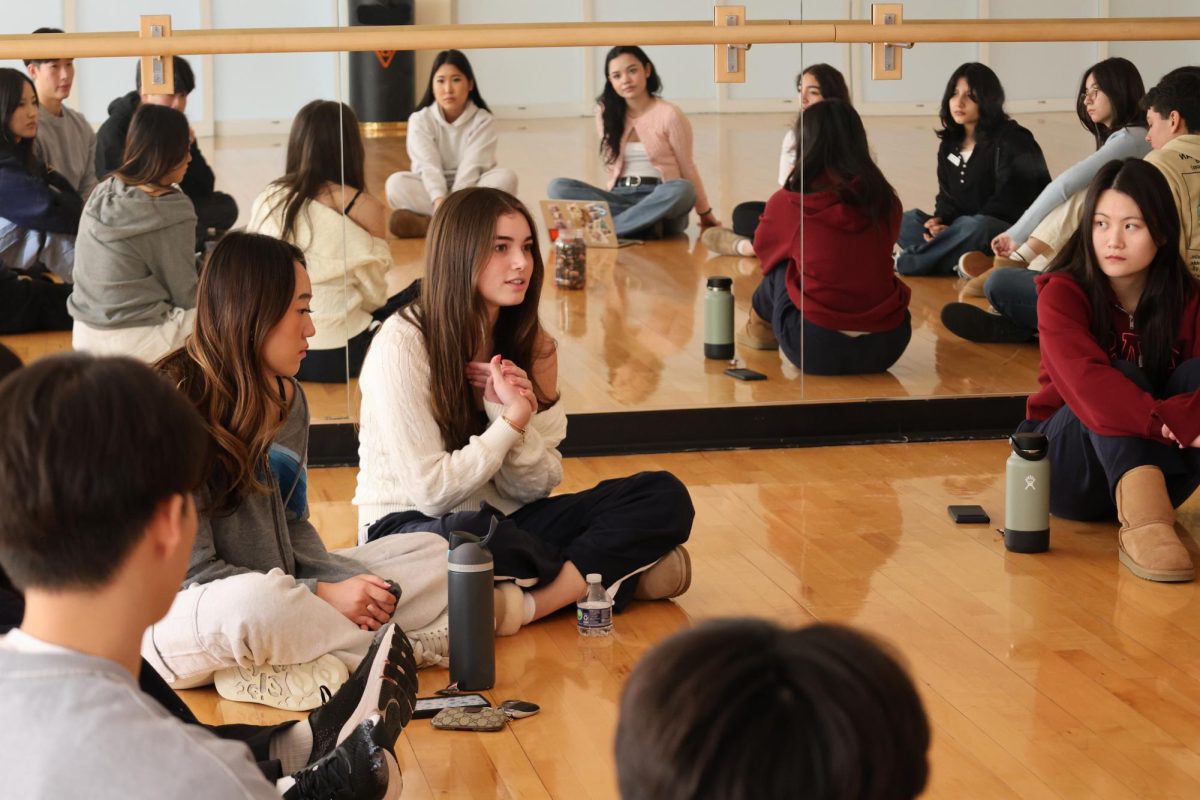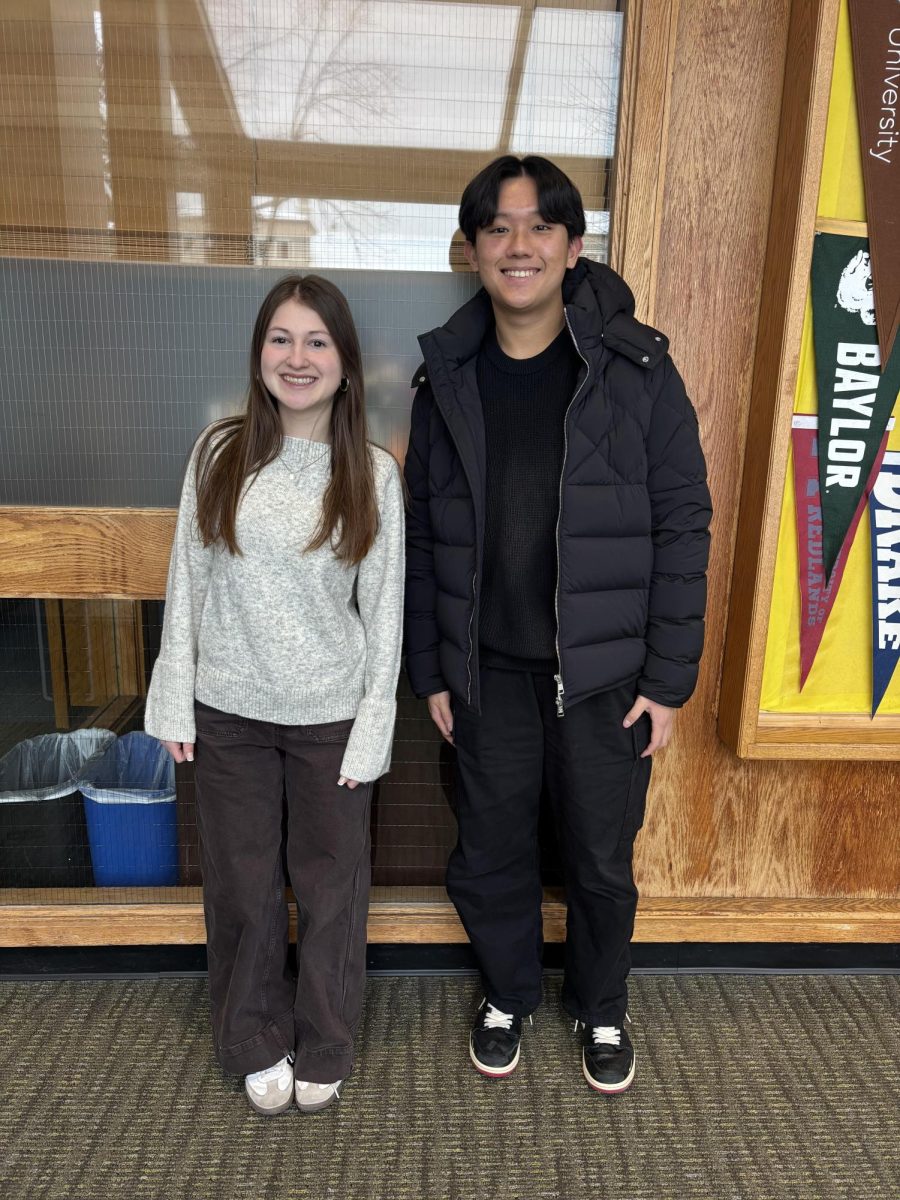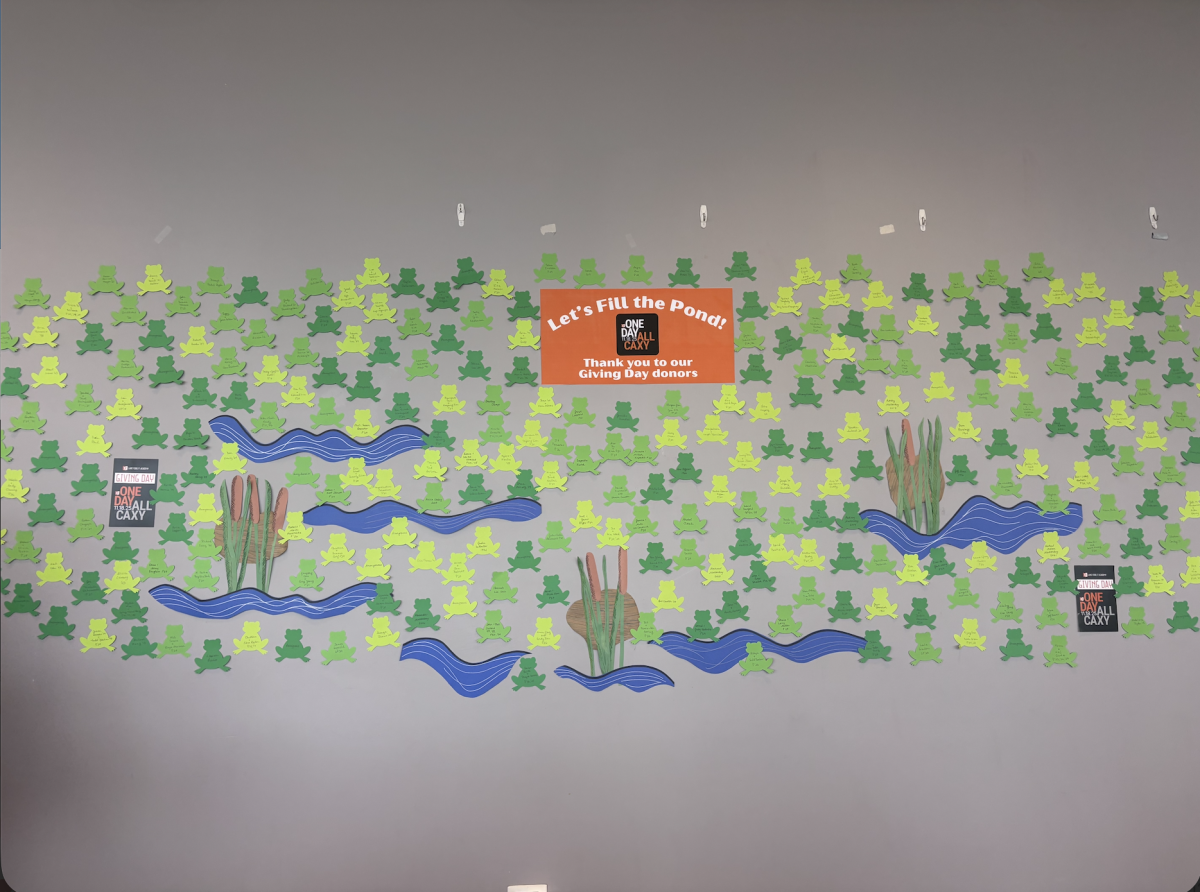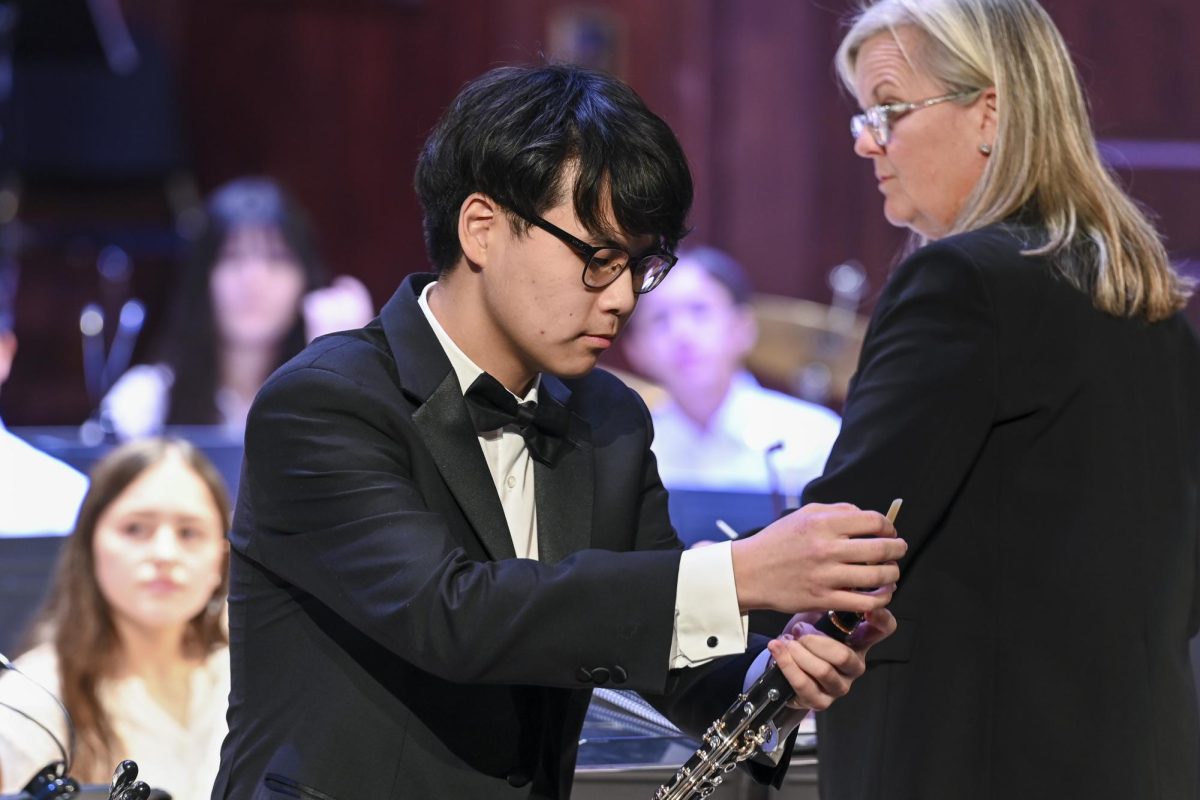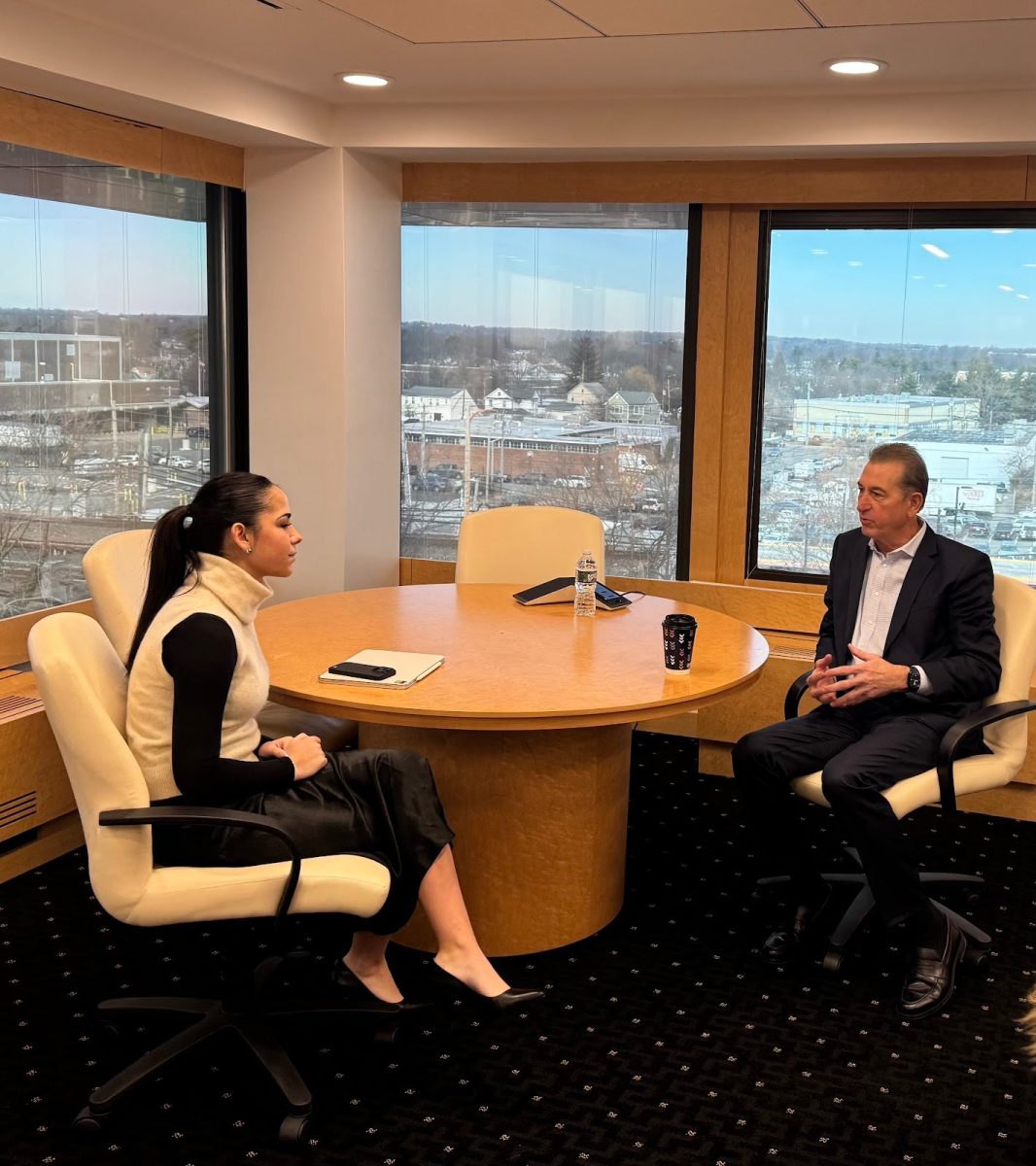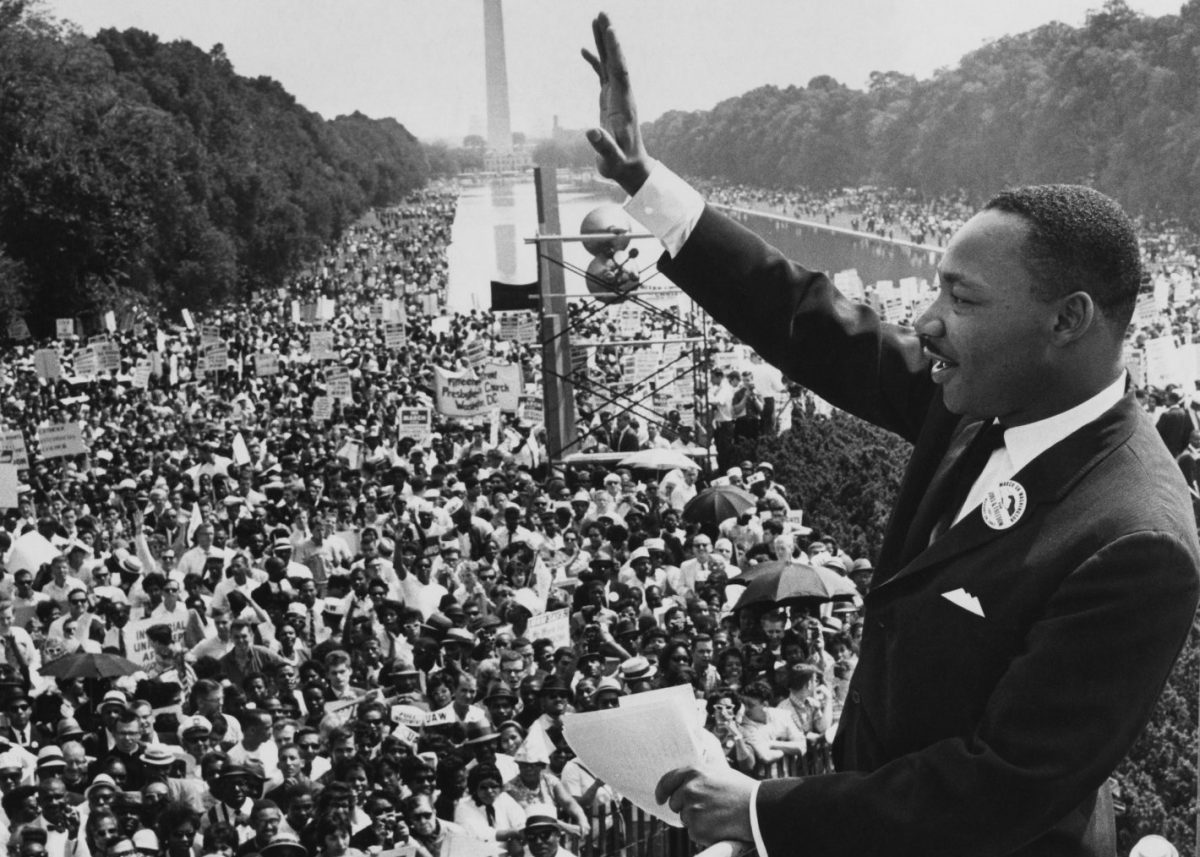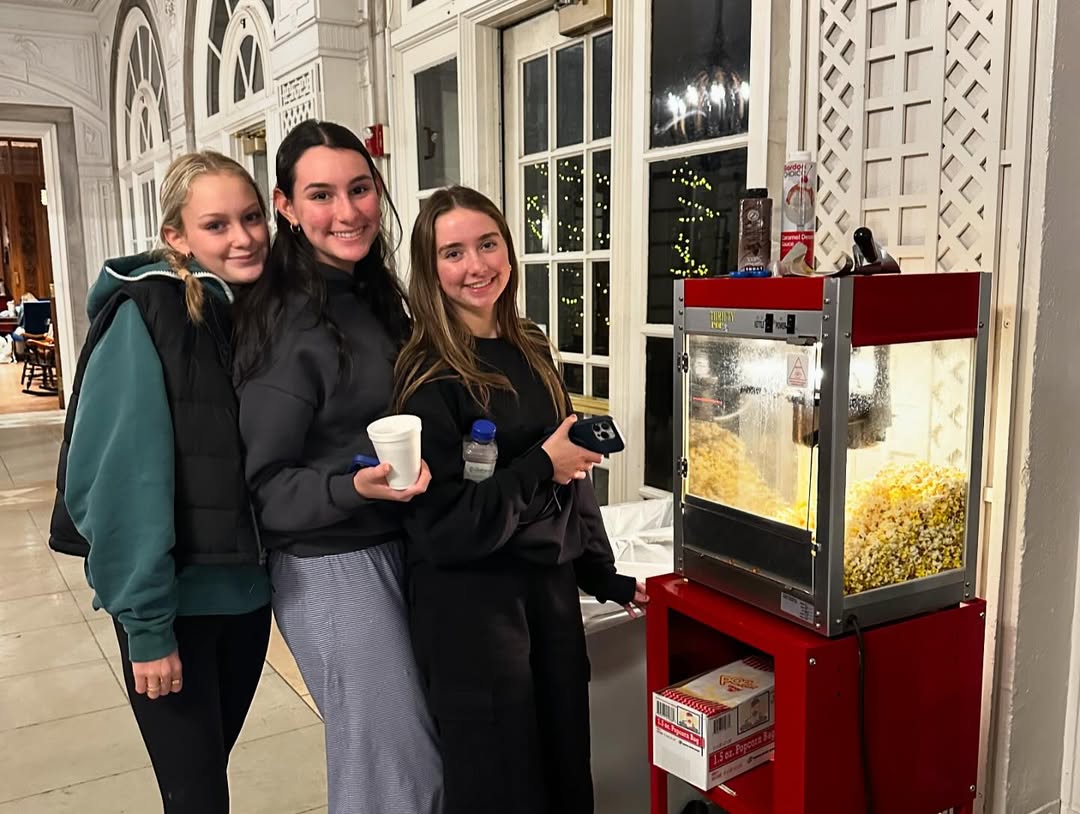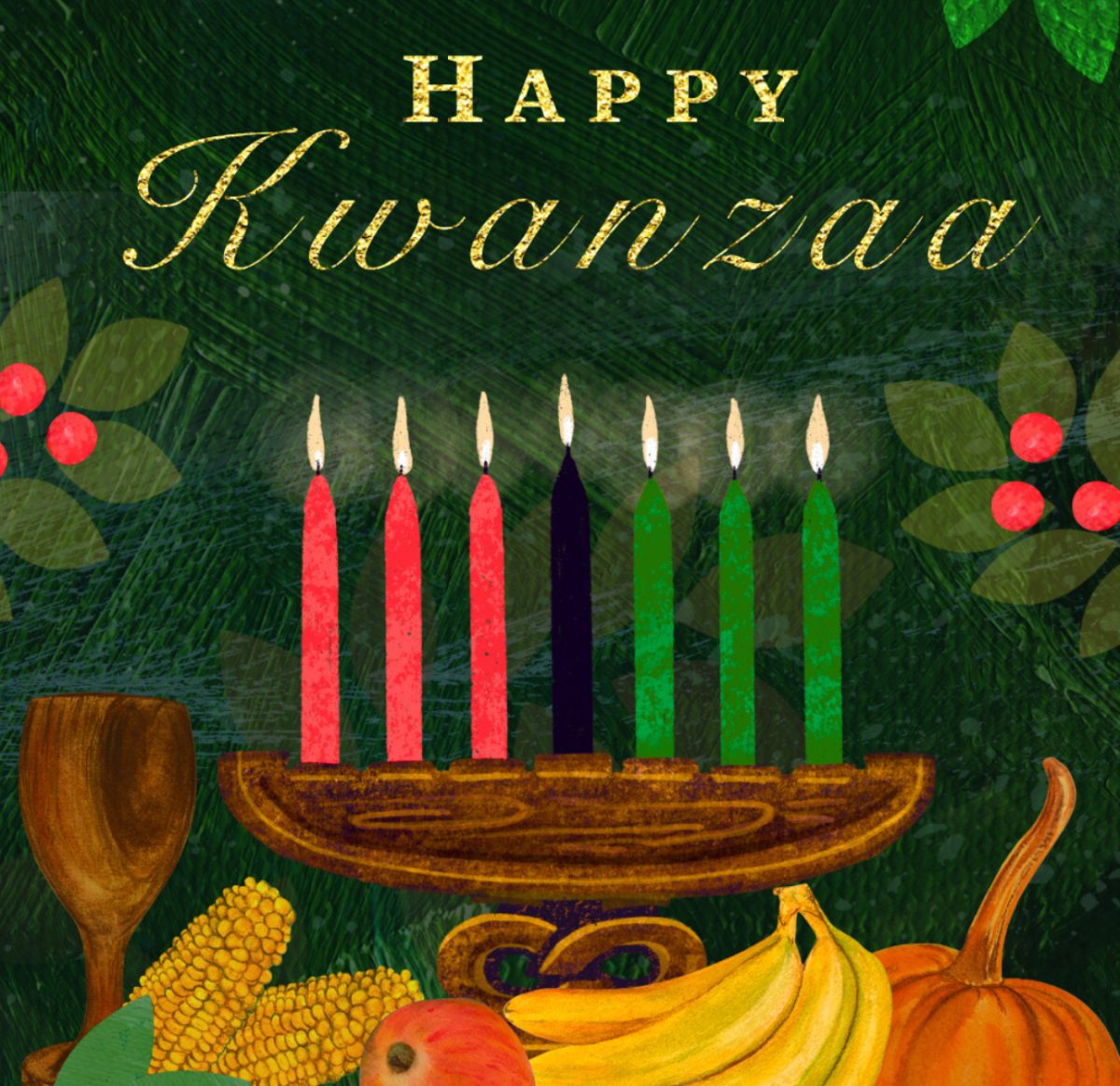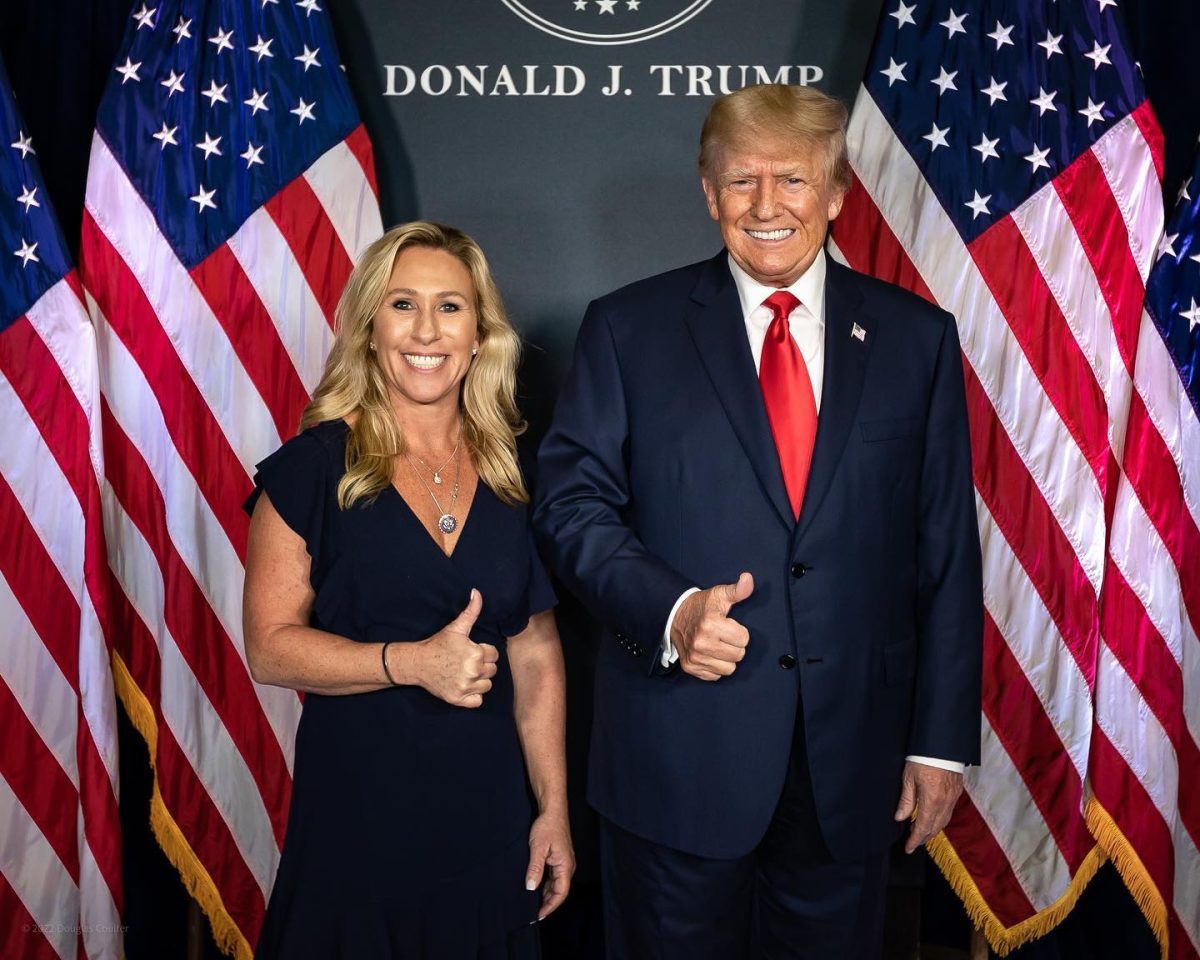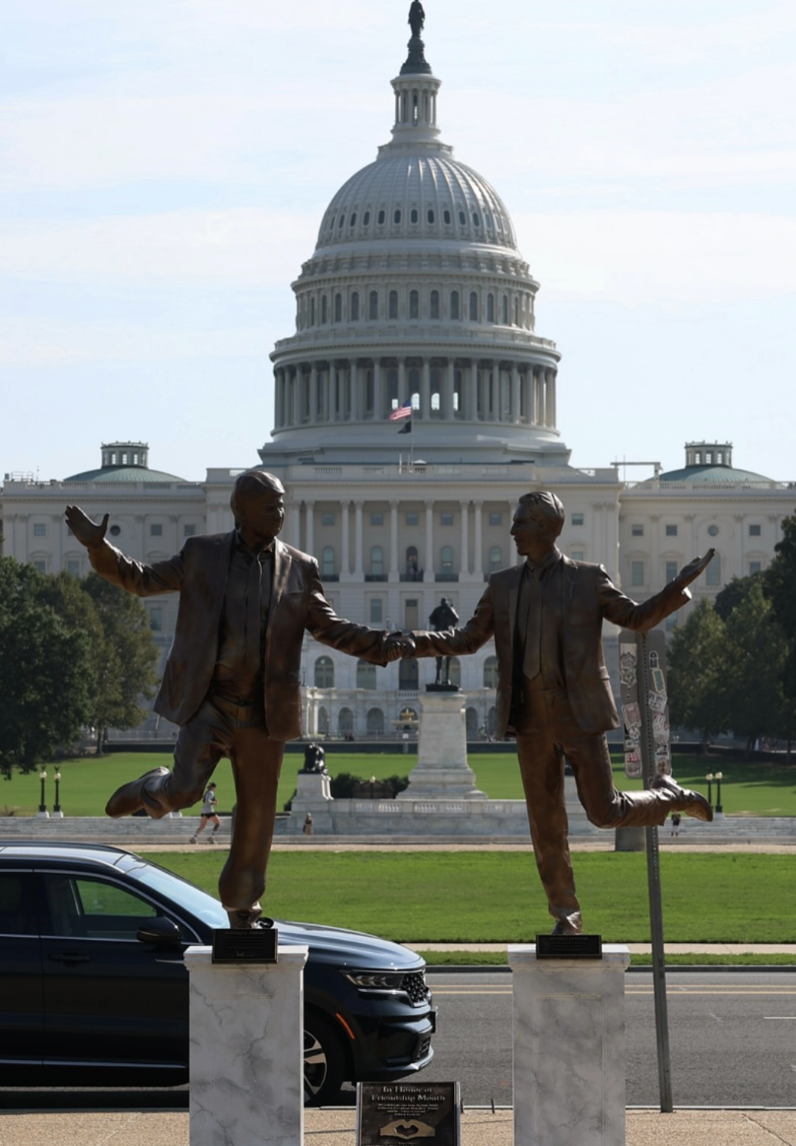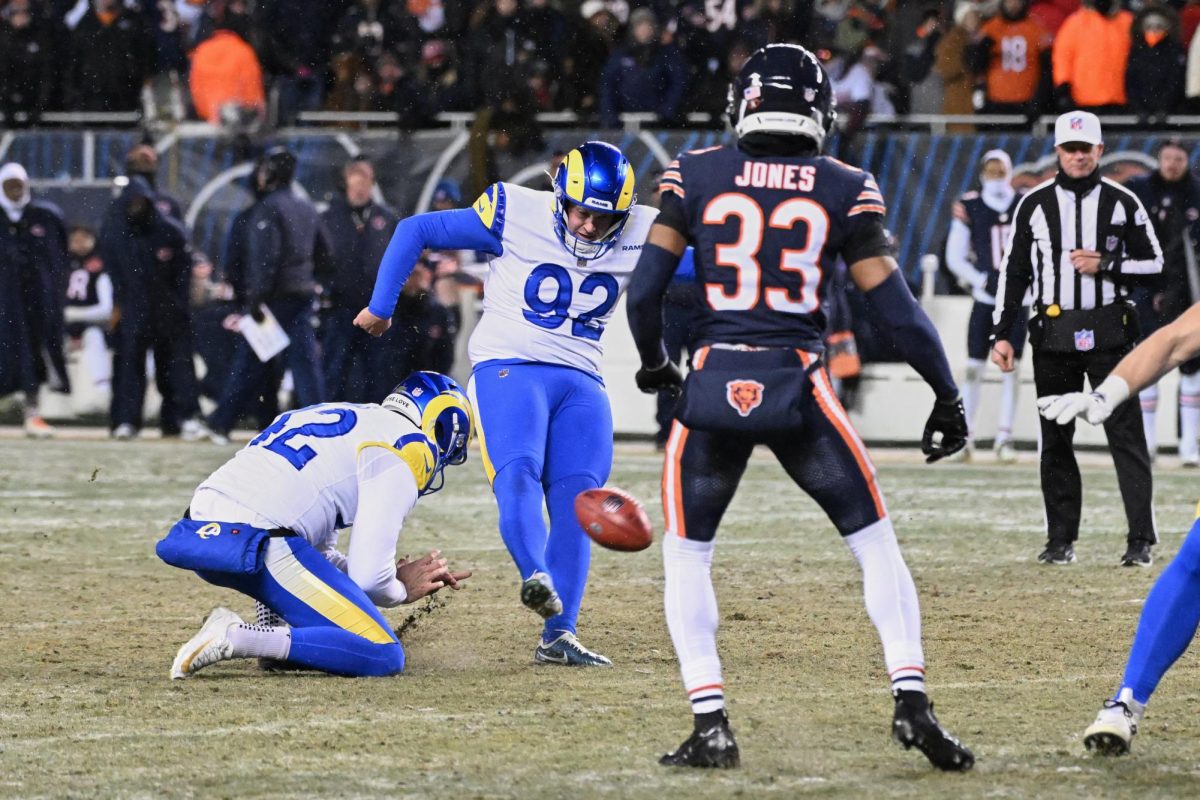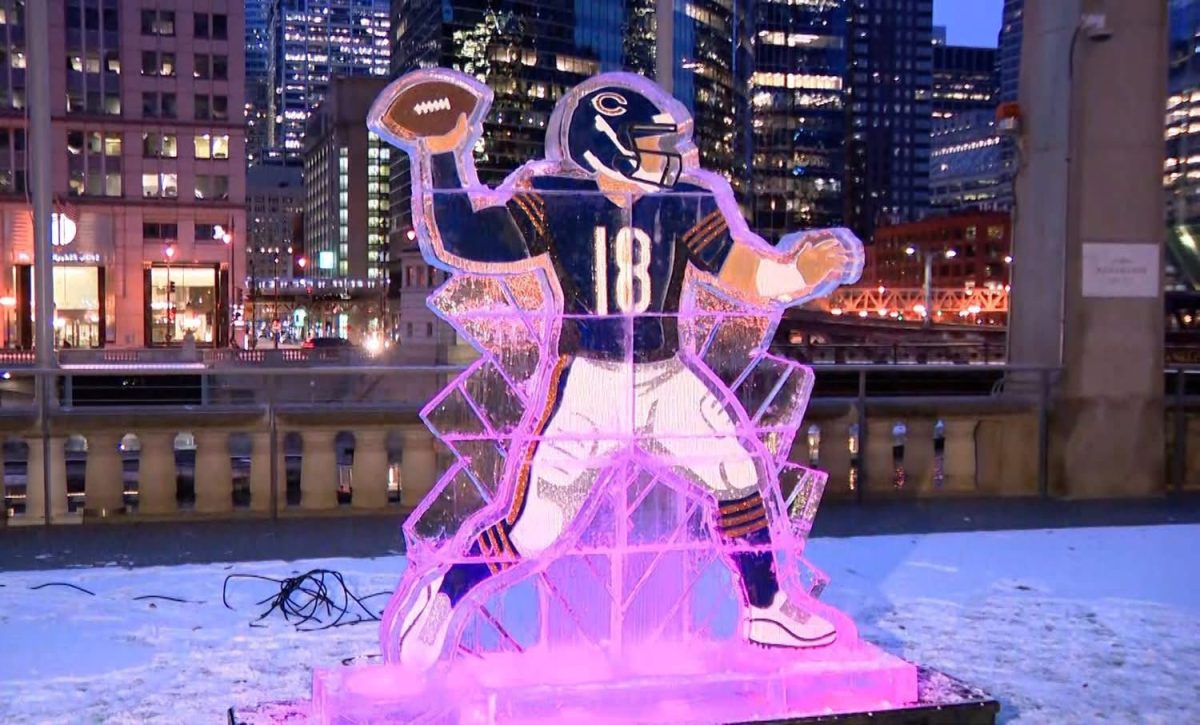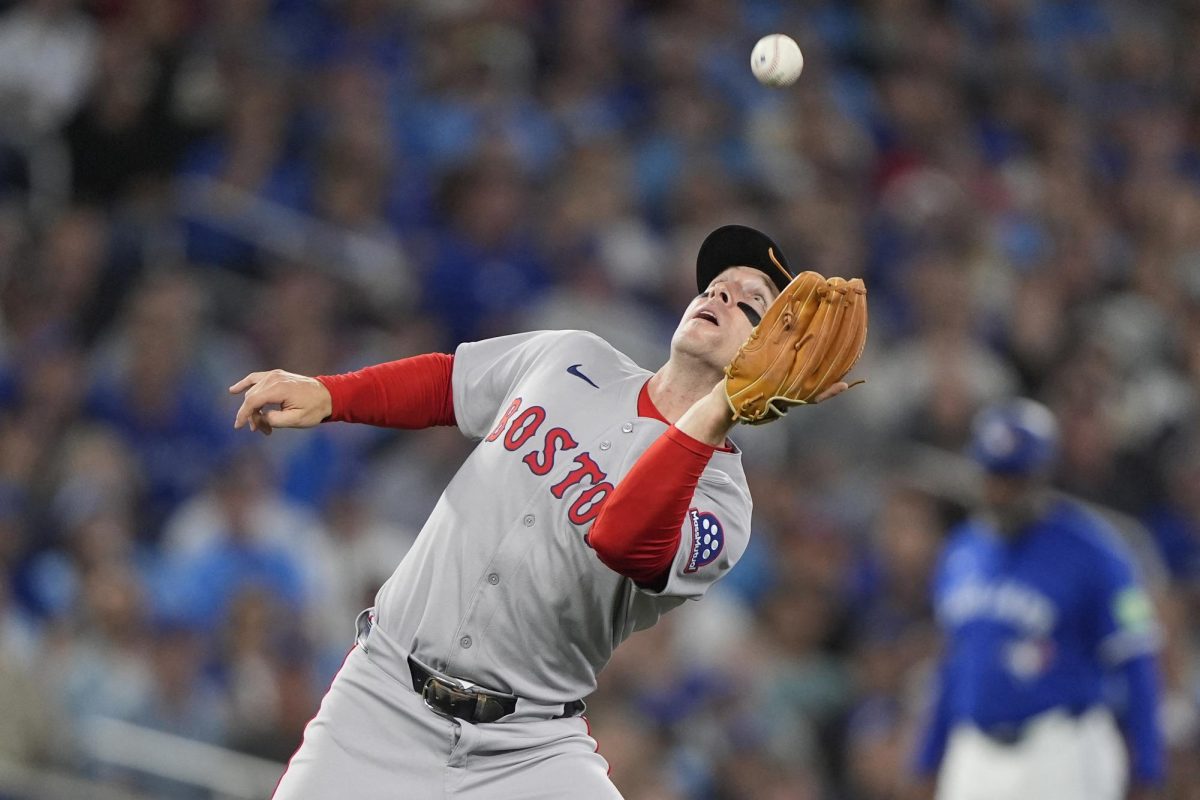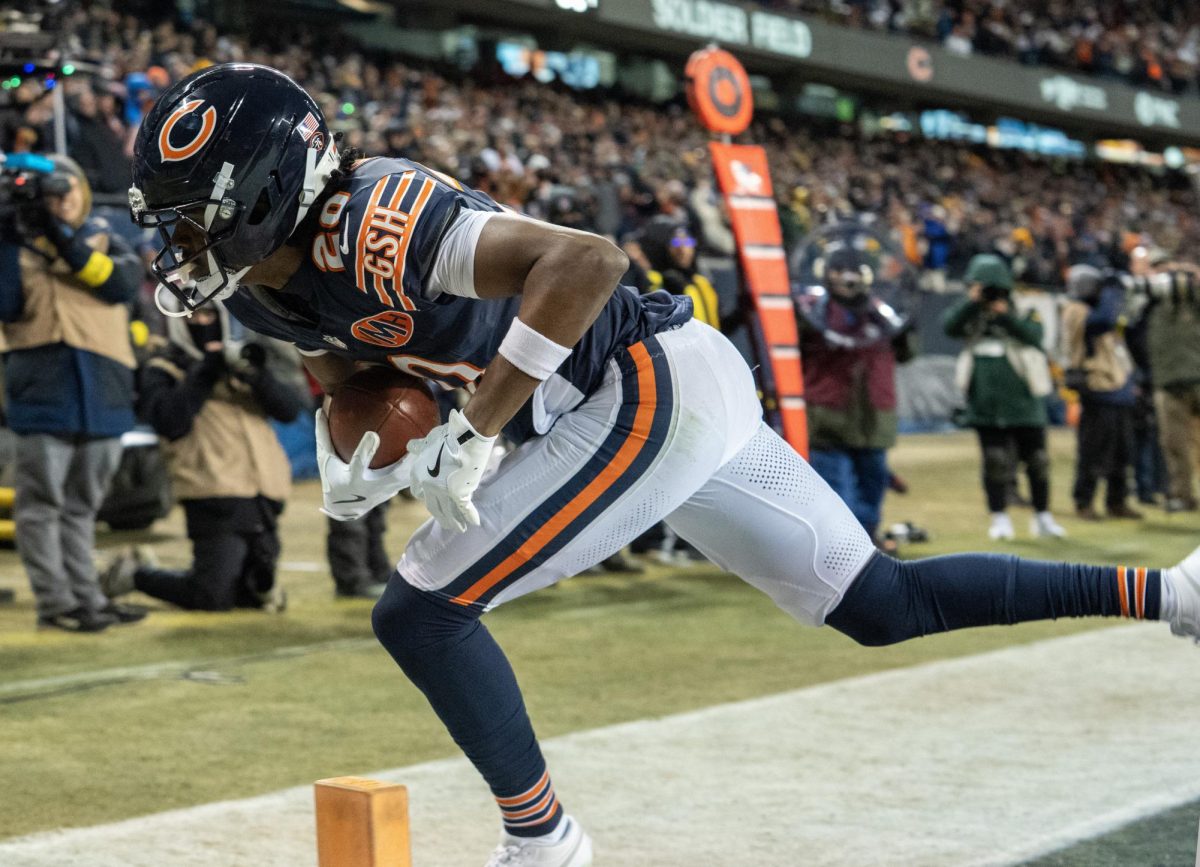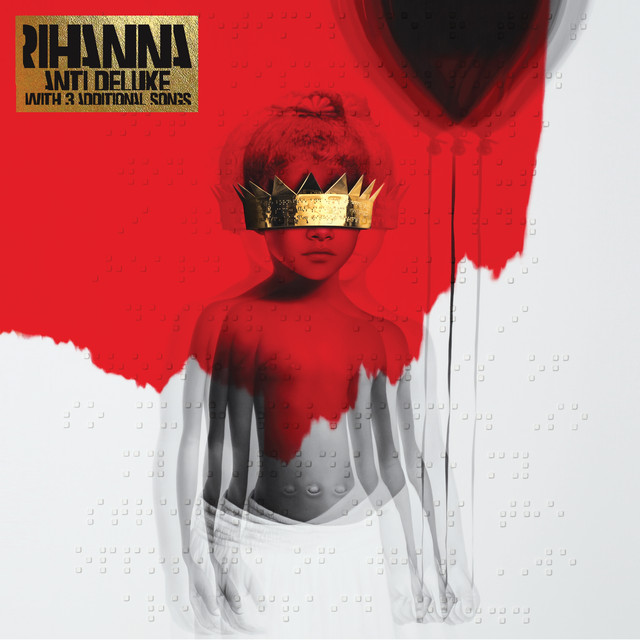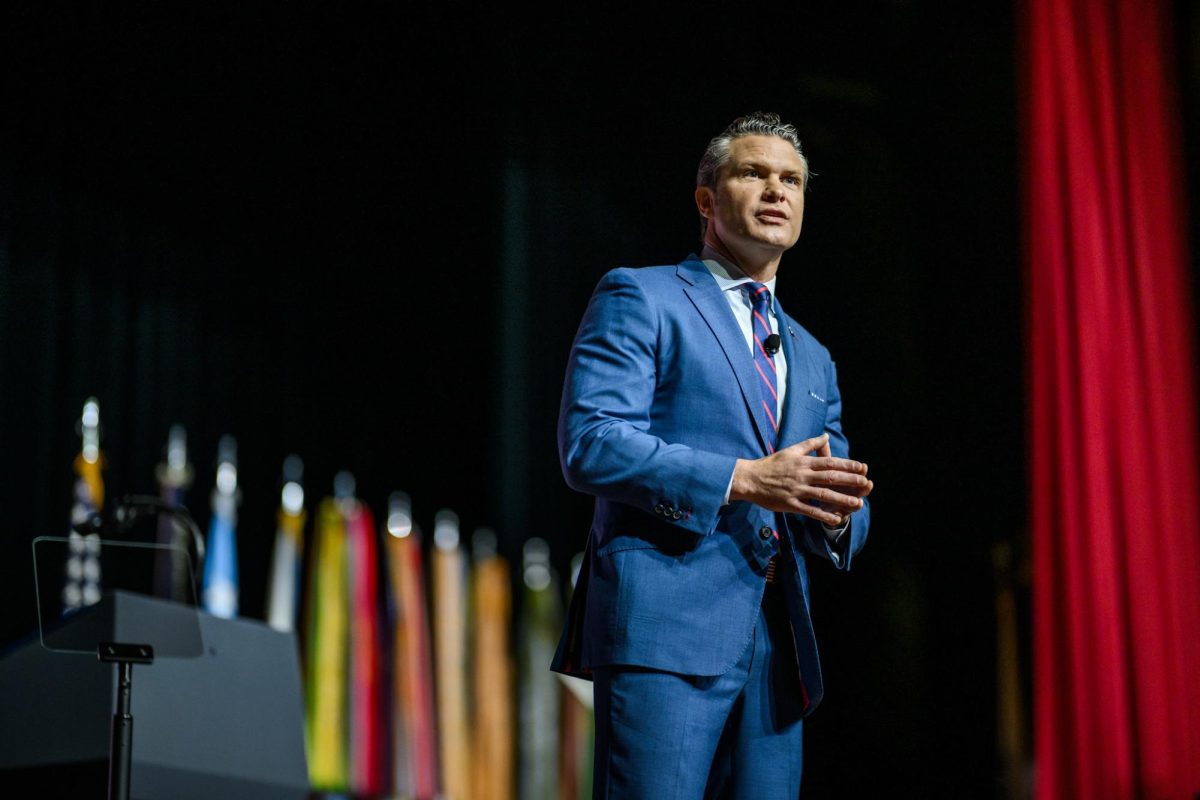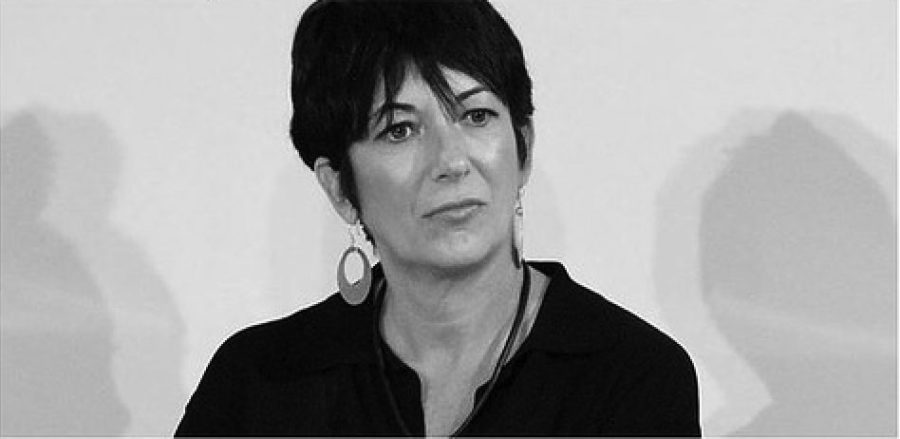Ghislaine Maxwell Court Case: Human Trafficking
February 3, 2022
The former British socialite Ghislaine Maxwell was convicted on December 29th, 2021, of conspiring with American financier Jeffrey Epstein to lure, groom, and sexually abuse underage girls. The verdict, reached by a federal jury in Manhattan, capped the trial featuring five accounts of the sexual exploitation of girls as young as 14. However, Ms. Maxwell’s lawyer has attempted to overturn the verdict because one of the jury members might have failed to disclose that they were sexually abused as a child and might not be able to serve as an impartial juror. According to Aviral Pathak, History & Social Science Teacher, “if this is true, and the court and the judge sees it that way, she might have a retrial, but this doesn’t mean that the outcome will be different, it just means that it delays sentence time. It’s very likely that Ghislaine Maxwell will spend a very long time in jail.”
This case revealed the dark reality of the world of the rich and the socialites. Wealthy people find ways to subvert the rule of law, and the way they usually do it is to finance human trafficking. The case ultimately proved that powerful and wealthy social elites were somehow linked to these dark activities, believing they could get away with whatever they wanted with their resources, money, and power; only this time, things didn’t work out quite so well for them.
The case also uncovered the tragic prevalence of human trafficking in today’s society. Sam Wold, History and Social Science Teacher, shared his initial reaction towards the case, “I was not surprised. I think people don’t understand how prevalent trafficking is. On a local level, US trafficking is happening all the time, with under-aged girls being forced to prostitution and all these horrible things.”
Compared to the rest of the world, even though the US has a stricter law, which prevents many people from participating in these activities, the number of human trafficking is still very underreported. Wold shared, “When I lived in Brazil, they caught people forcing 15 and 16-year-old girls into making jeans for Zara. They are pretty much trafficked to be workers. But most people don’t hear those stories. They don’t pay attention to that kind of stuff.”
In terms of the practice of human trafficking, Jeffrey Epstein and Ghislaine Maxwell are just one tiny drop in the ocean. When asked about the prospect of human trafficking, Wold said, “I don’t think it’s gonna change much. In the US, it might slightly change things because of the recognition and attention it receives due to the people that are involved. But I still think it’s gonna be hidden and beneath mainstream society.” Pathak also expressed a similarly pessimistic view, believing that elites will continue doing criminal activities but finding more “creative” ways, and on the front of human trafficking, Epstein is just a small piece of this world, and the practice will continue.
Nevertheless, the case will still bring some glimmers of hope to the murky world of human trafficking. Hopefully, it will encourage more people who are being exploited and abused to speak out and others who are seeing the news to seek out more information and question situations in real life more proactively.


